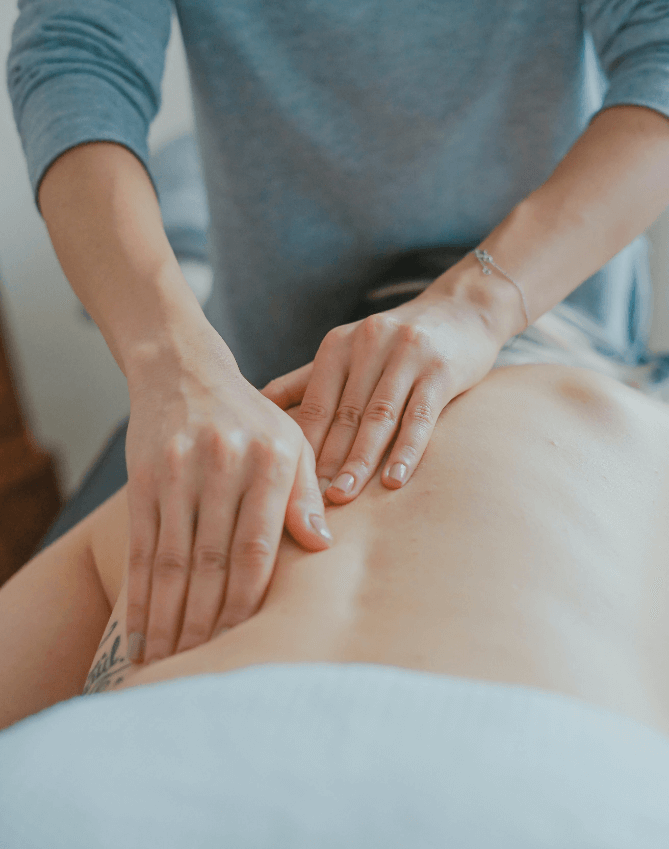We’re a team of TMJ clinicians who are passionate about developing a tailored treatment plan that works for you.
The specific treatment will depend on:
> The cause and severity of your pain
> The impact of that pain on your daily life
> The symptoms of temporomandibular joint disorder exhibited

Treatment options we offer for temporomandibular joint disorder patients include:
Physiotherapy
TMJ focused physiotherapy helps with the jaw and neck muscles to reduce muscular fatigue and improve core strength. This helps to improve the jaw movement range, jaw functions, and protect against further damage.
Botulinum Treatments
Botulinum toxin is used to temporarily reduce nighttime muscular hyperactivity which causes muscular jaw pain and fatigue. Reducing teeth grinding and clenching can help relieve excessive forces from the TMJ. Used in conjunction with a specialized splint, this can have a long-term effect in reducing enlarged chewing muscles in patients with persistent nighttime teeth grinding.
Dry Needling and Acupuncture
Dry Needling or Acupuncture involves the insertion of fine needles into muscular structures or vital points to help reduce muscular spasm and pain. The controlled micro trauma at these sites encourages repair and healing to achieve a reset of the neural pathways.
Splints
TMJ specific dental splints protect the jaw joint from arthritic change and help relieve jaw joint pain. A specially designed TMJ splint can reduce the peak force to the TMJ’s by up to 35% compared to 15% of conventional generic splints. They also help to protect the teeth and help in minimizing enlargement of chewing muscles if you have nighttime teeth grinding.
Medication
Your TMJ specialist may recommend anti-inflammatory medication to help minimise pain and reduce inflammation. Stronger pain relief and specialized nerve pain medications may be used for some TMJ disorders with your GP’s cooperation. Medication to improve sleep quality may also be recommended.
Are you suffering from pain in your ear and jaw? Get relief with proven TMJ treatments.
Schedule your TMJ therapy consult today.
Contact us on 1300 123 865 to speak with our friendly staff or book online now.
Psychology
Stress management, behavioral and biofeedback therapy is used to alter established neural response pathways to the initial triggering factors such as pain. Therapies can also help stop habitual daytime teeth clenching or grinding.
Keyhole Surgery
Minimally invasive (arthroscopic) procedures, including washout of the joint, are performed by a TMJ surgeon if inflammation of the joint is ongoing despite non-surgical measures. This is suggestive of more advanced arthritic change. Arthroscopic surgery may also be recommended in patients with sustained locked jaw if the jaw needs to be “unlocked”. Corticosteroid injections are carried out at the same time to help reduce the joint inflammation. Arthroscopic surgery is minimally invasive and for most people is a day surgery procedure with little down time.
Open Joint Surgery
For patients who have been late to seek help, and only with the most severe disease, we may recommend you see our surgeons for joint surgery. This is for the rare 1% of patients for whom multimodality treatment is unsuccessful, or too late.